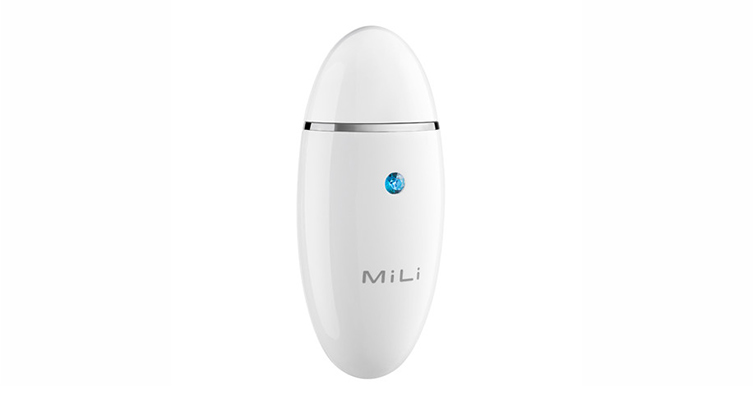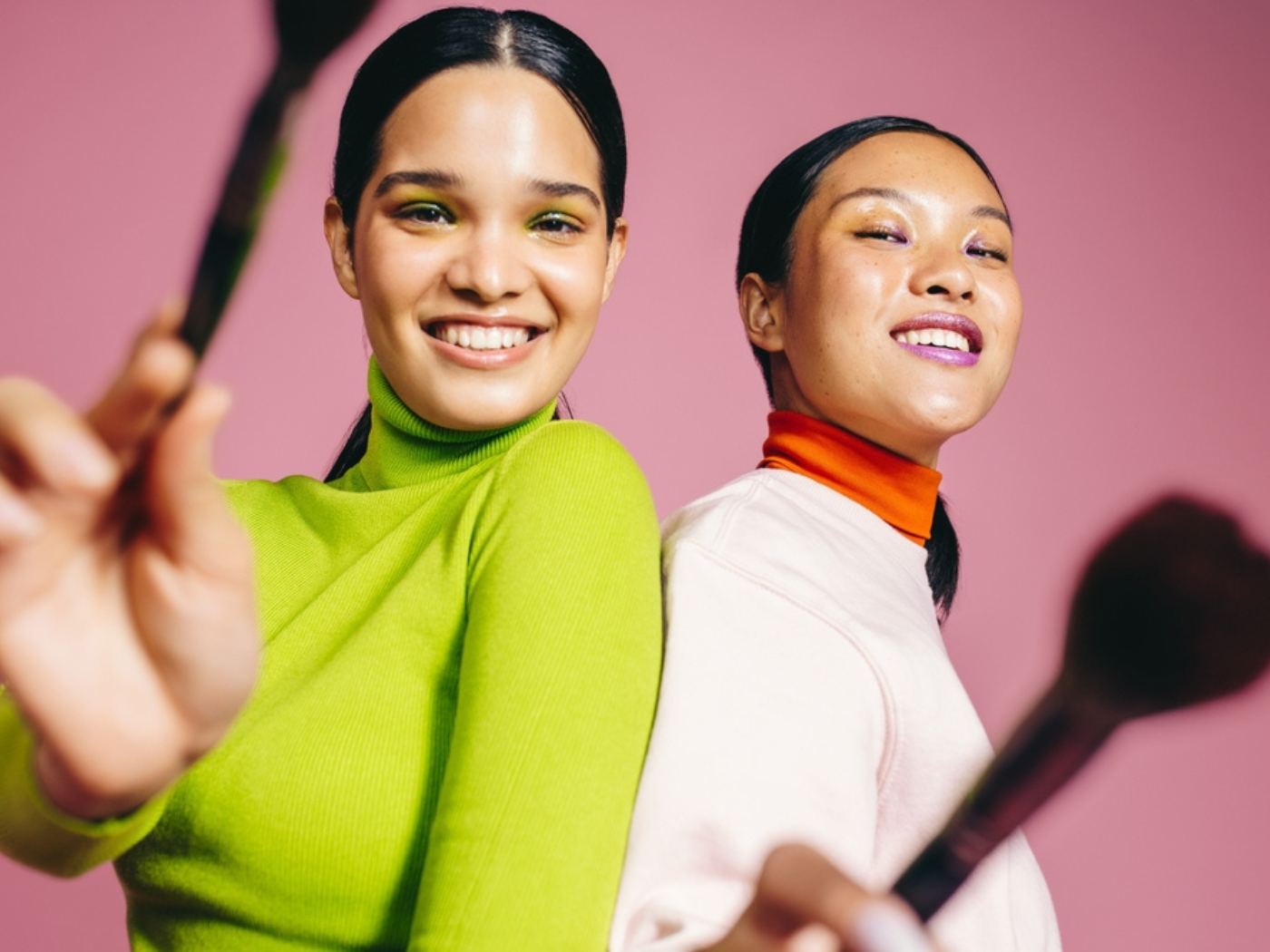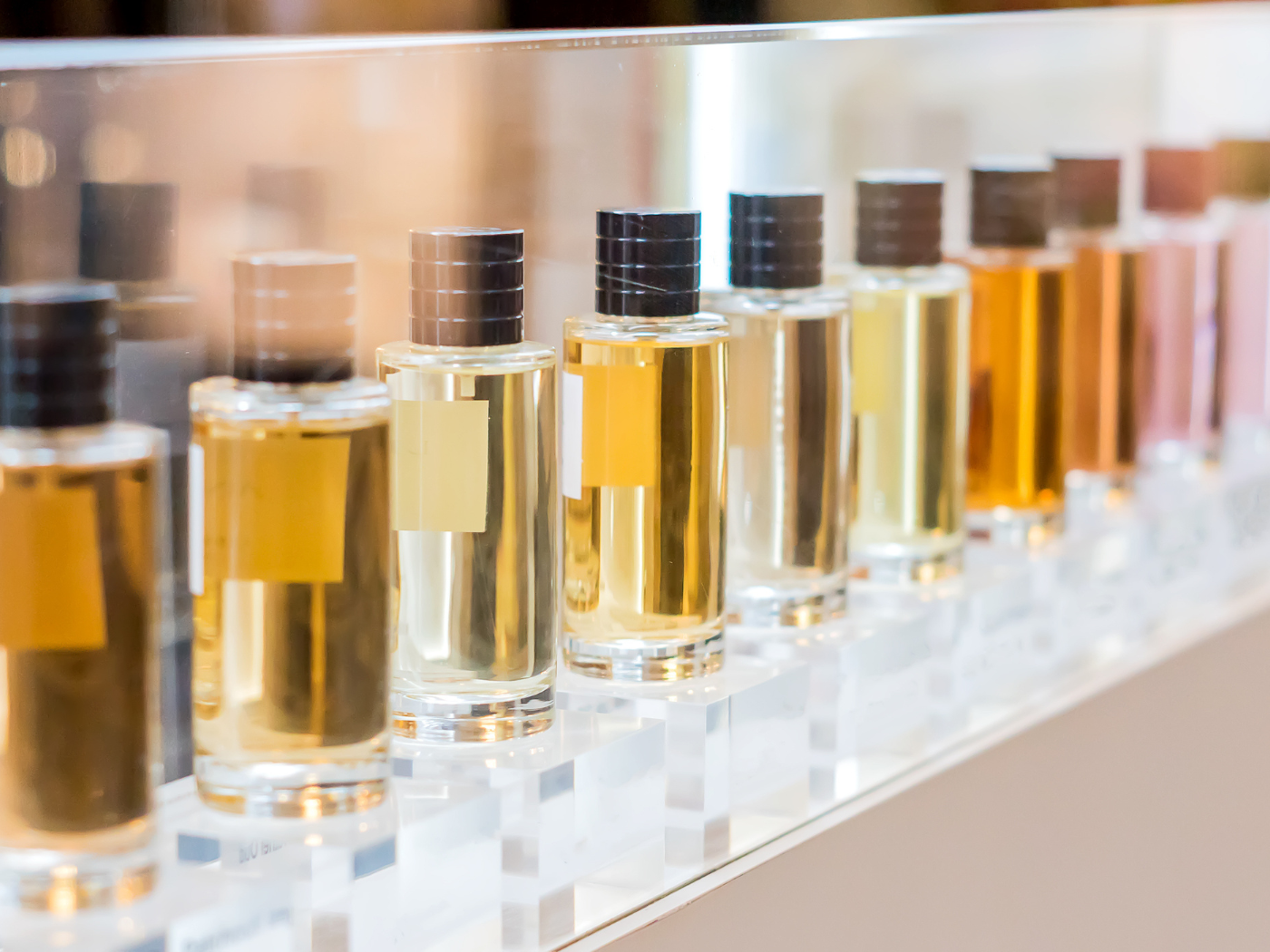Prestige skin care sales in the U.S. are strong, reports The NPD Group. Sales are up 5% to $1.8 billion from January to April 2017 versus the prior year, with some the biggest drivers coming from face masks (+45%), acne treatment (+14%) and sunscreen (+13%). Here, Beauty Insider takes a look at some of the biggest trends driving skin care, including dry masks, vegan formulas and DIY devices.
Dry Masks
What are they?: Face masks (and its companion, the face mask selfie), were ubiquitous in 2016. The phenomenon is set to continue with a mask that, surprisingly, is dry to the touch. With wet masks the main ingredient is water, but dry masks apparently contain a greater proportion of active ingredients that are ‘dry printed’ within the fibers of the mask, and with more noticeable results. Actives are released when the mask is warmed up and lightly massaged on the skin. Moreover, since the masks are dry, they don’t harbor bacteria and can be used up to three times.
Seen in: Nannette de Gaspé’s Techstile Masks, for face, eyes, neck, mouth and hands, are waterless and based on biomimetic technology, and feature a combination of concentrated anti-aging ingredients. Charlotte Tilbury’s Instant Magic Facial Dry Sheet Mask also releases its actives after the mask has been placed on the face and massaged with fingertips.
Vegan Skin Care
What is it?: Vegan is no longer just for food. Vegan skin care is a top trending beauty term, according to a report released by Google earlier this year, with searches having grown 83 percent over the past year. So what does vegan skin care actually mean? A vegan product is not formulated with ingredients from animals or animal by-products, such as shark cartilage, fish scales and gelatin. Vegan products are considered ideal for people with sensitive skin. Vegan should not be confused with cruelty-free which means that the product has not been tested on animals. Cruelty-free products may therefore still contain animal-derived ingredients like milk, honey or lanolin.
Seen in:Youth to the People is a 100 percent vegan skin care line that believes that what you put on your skin should be as “whole, nutrient-rich and clean as what you put in your body.” The brand’s Age Prevention Superfood Cleanser is packed with antioxidant-rich kale, spinach, green tea and alfafa, and aims to protect skin against free radical damage. SpaRitual Passionfruit Agave Vegan Nourishing Sugar Scrub is both vegan and cruelty-free, formulated to gently scrub away impurities.
At-Home Devices
What are they?: No trips to the dermatologist are required with these high-tech devices that deliver professional-grade treatments at home. Technological innovations are increasingly paired with added portability and affordability, letting consumers self-treat skin issues.
Seen in: Wrinkle MD delivers deep infusions of medical grade hyaluronic acid into the skin using electric charges. The Activator Pod uses micro-currents to gently encourage hyaluronic acid to penetrate into the skin and soften the appearance of fine lines. Only a gentle tingle is felt. The device can be used to target crow’s feet, laugh lines and forehead wrinkles. Three months of continuous use is recommended. Dermaflash is a dermaplaning tool (aka a facial exfoliating device) that is currently a top-selling item at Sephora. Dermaplaning exfoliates the skin using a sonic vibration with a stainless steel blade that sweeps away peach fuzz and dead skin cells, revealing dewy and luminous-looking skin. The process also helps increase product absorption.
Retinoids
What are they?: Retinoids, once the ingredient du jour in the Eighties,are the “new hyaluronic acid.” The term retinoids refers to retinol and prescription Retin-A, derivatives of vitamin A that fight wrinkles, build collagen, decrease fine lines and fight acne. Prescription-strength retinoids, such as Retin-A and retinoic acid, are the most concentrated. Retinoids promote cell renewal by exfoliating skin and building collagen, though sometimes the process causes dryness and inflammation (which is why they are not recommended for sensitive skin). Retinol, over-the-counter retinoid, is less concentrated and takes longer to take effect, however it is kinder to the skin than Retin-A, with results seen in eight to 10 weeks compared to six weeks.
Seen in: SkinMedica’s Retinol Complex, ranging from 0.25 to 1.0, enhances cell renewal and skin elasticity, in conjunction with antioxidants vitamin B and E. Eve Lom’s encapsulated retinol collection stabilizes the retinol molecule (thanks to the encapsulation) and protects it from light, oxygen and other aggressors. Differin 1% gel, approved by the FDA in 2016 for over-the-counter use, is sometimes recommended as a ‘starter’ topical retinoid as it gently exfoliates the skin without causing irritation.
Ingestible Beauty
What is it?: Ingestible beauty – feeding the skin from the inside out – originates from Asia where brands like Shiseido and Amore Pacific have been promoting the benefits of liquid collagen for years in the form of collagen powders and drinks. Ingesting collagen has recently been boosted by the Hollywood bone broth phenomenon, a dietary staple that contains a wide range of collagen, protein, amino acids and vitamins with widely touted healing properties. In skin care, the new wave of ingestible beauty contains ingredients not usually considered ‘drinkable’, such as hyaluronic acid, marine collagen, and exotic, antioxidant-loaded mushrooms.
Seen in: Vital Proteins’ Collagen Peptides, sourced from grass-fed, pasture-raised bovine hides, is stirred in beverages to promote youthful-looking skin. Fountain’s The Glow Molecule is infused with a vegan-friendly source of liquid hyaluronic acid, as well as chlorophyll, kelp, amino acids, and vitamins. OLLY Vibrant Skin gummies include hyaluronic acid, marine collagen, and sea buckthorn to hydrate cells.
Diagnostic Tools
What are they?: Connectivity and personalization are driving the new diagnostic tools and apps aimed at empowering consumers to better understand their skin and achieve optimal skin health.
Seen in:Mili Pure, described as “a smart skin moisture detector,” is a small, handheld device that tests skin’s hydration levels via two small metal probes that are pressed against the skin for five seconds. The data is then linked to the Mili Pure app that reveals skin’s hydration level, and provides skin-type specific recommendations to combat dryness. HelloAva, a tech startup,just launched a chatbot for personalized skin care recommendations. After users send a photo of their face and answer questions to determine skin type, HelloAva makes recommendations about which products to buy. The chatbot can choose between 30 different skin types, and currently stores 250 individual products in its database.




